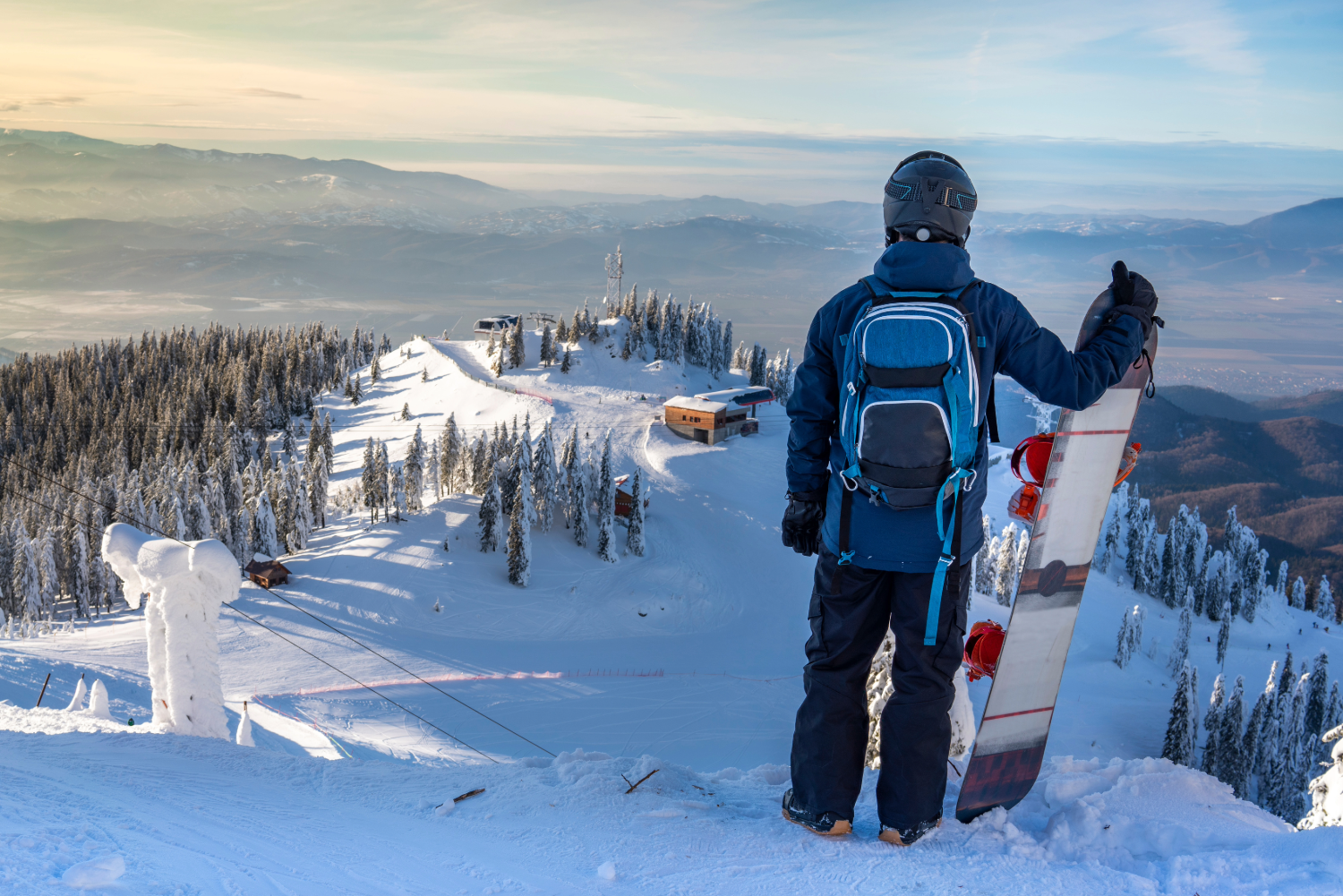News
The Freedom To Play
The vail area provides plenty of prime playground space for kids and adults alike. With a mountain environment that offers year-round opportunities for outdoor sports and a rich creative culture that allows children the chance to take art classes music lessons and more it's not difficult to fill their schedules with nonstop activity. But chances are that if you're feeling the pressure of being busy your kids are feeling it too.
There's no disputing the fact that children need playtime and lots of it. Play helps kids develop essential physical cognitive emotional and social skills but there's an important difference between structured and unstructured play. And what kids need more than a slew of scheduled activities is the freedom to play in an unbounded unstructured way. Free play lets children learn through all of their senses and it's what allows them to develop their creativity and confidence says Julia Kozusko LPC a local parent coach and counselor. More and more our society wants to shape children who are globally competitive but unstructured play is an essential building block that can prepare them for bigger tasks in the future she says. Kozusko's company is Elevated Parenting and she also facilitates the Incredible Years parenting program with the local non-profit Early Childhood Partners where more than 300 parents have attended classes over the past nine years.
Unstructured play often called free play or child-led play requires unscheduled blocks of time during which children are free to explore their interests or pursue activities that involve imaginative and creative effort. Yes both free playtime and structured playtime involve the key element of play but structured play is often bounded by adult rules schedules and goal. In sports practices for example where rules provide the boundaries for play and where a competitive drive factors into the outcome children often do not have as much freedom to explore their interests as they do in an unstructured setting. Likewise classes or lessons no matter how well-intentioned still often follow an ordered framework instead of giving children's imaginations free rein. Providing the space for children to free play can free parents up too. Unstructured play doesn't need to involve driving to multiple locations and it doesn't have to cost anything. Finally even though the developmental benefits of unstructured play are immense it's also important to remember why we play in the first place. As Kozusko says The real power in play is that it's fun.
7 TIPS FOR FREE PLAY
1. Let children choose from among open-ended toys that will challenge their creativity. Examples include Legos blocks art supplies dolls and other toys that spark imagination.
2. Rotate open-ended toys so that children are excited by ones they haven't played with in a while.
3. Give kids time to play with their neighbors. Neighbors are not chosen friends and they usually vary in age. Allowing your children time to navigate those relationships with kids they'll know for years and providing them the freedom to ride bikes sidewalk chalk and brew potions with neighbors is invaluable!
4. When children are playing together monitor their social interactions and step in only as needed. Unstructured play encourages children to negotiate social issues such as sharing and descriptive commenting can help reinforce behavior. Example: I see that you're sharing or I noticed that your friend got sad when you took away his toy.
5. Be a willing audience for children who are playing creatively engage in
make-believe or role-playing activities.
6. Keep technology use to a minimum. Computer games are more passive and less social than unstructured playtime with other children.
7. Arrange play dates with other children outdoors or in a neutral location. Fresh air and physical activity are great and children can play without having any arguments over sharing personal toys.
More News
-
New!
More

The Heart of It All: How Cardiovascular Health Shapes Longevity
Most of us know a healthy heart will increase our chances for a long and vital life, but how many of us truly understand how to live for a healthy heart? According to the American Heart Association, heart disease remains the number one cause of death, for both men and women, in the United States.
-
New!
More

GLP-1s and Your Health Journey: What You Need to Know
Interest in GLP-1 agonist medications, once used almost exclusively for diabetes, is soaring. Now widely referred to as weight loss injections, drugs like semaglutide (Ozempic, Wegovy) and tirzepatide (Mounjaro, Zepbound) are ubiquitous in celebrity chatter, social media and everyday patient conversations. But as demand grows, it’s increasingly important to separate hype from reality. Who qualifies for these drugs under FDA guidelines? When are they helpful? And when might carefully supported lifestyle changes offer a safer or more sustainable path?
-
New!
More

Back on the Slopes: How to Recover Physically and Mentally After a Ski or Snowboard Injury
Living in a ski town, injury is inevitable. Recovery isn’t just about regaining strength, it’s about building trust in your body. The best path back to skiing blends physical training with mental conditioning, patience with persistence. With the expert teams at Vail Health - from Howard Head Sports Medicine to Vail Health Behavioral Health - recovery is more than healing; it’s coming back stronger, smarter and more confident than before.





